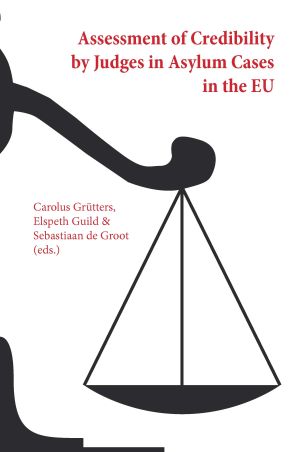
This book reports on the findings of a seminar on ‘Judicial Scrutiny and Credibility Assessment in Asylum Procedures’ organised by the Centre for Migration Law (CMR) of Radboud University Nijmegen and the International Association of Refugee Law Judges (IARLJ) and co-sponsored by the EU Jean Monnet Programme, hosted by Radboud University Nijmegen in the Netherlands on 16 April 2013. Along with the reflections of experts on credibility assessment, this book also contains the full text of the Credo Document: Assessment of Credibility in Refugee and Subsidiary Protection claims under the EU Qualification Directive - Judicial criteria and standards. This document was prepared for the IARLJ in its role as a partner in the ‘Credo Project’. In this project participated, next to the IARLJ, the Hungarian Helsinki Committee (HCC), the United Nations High Commissioner for Refugees (UNHCR) and Asylum Aid. We hope that this book will contribute to the dissemination of knowledge on the assessment of credibility in asylum cases amongst judges and in particular assist in decreasing the risk of denying protection of those who are in need of protection.